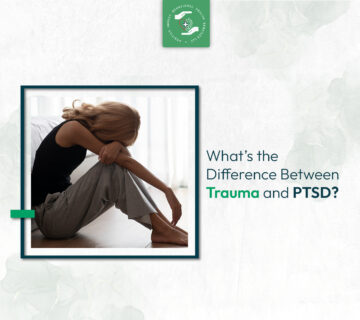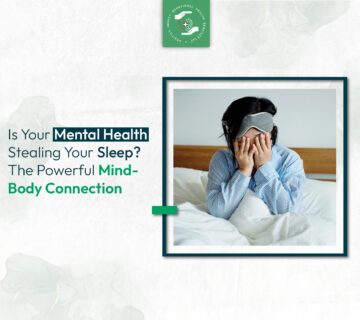In an era where families are constantly navigating the pressures of daily life, emotional health services emerge as a beacon of hope. These services not only mend the fabric of family relations but also fortify them against future challenges, creating a resilient and harmonious home environment.
The Importance of Emotional Health in Families
The core of any family’s strength lies in its emotional well-being. In today’s fast-paced world, where external pressures and internal conflicts can strain familial ties, the role of emotional health becomes paramount. It is the glue that binds family members together, providing them with the resilience needed to face life’s challenges.
Studies consistently highlight the direct correlation between a family’s emotional health and the development of positive traits in its members, such as empathy, resilience, and communication skills. This foundational aspect underscores not just the happiness within a household but its overall functioning and the individual well-being of each member.
How Emotional Health Services Enhance Family Connections
Emotional health services offer a range of interventions designed to address and improve the psychological well-being of families. From family therapy sessions that open channels of communication to mindfulness practices that teach coping mechanisms, these services are tailored to rectify the emotional distress disrupting familial harmony.
One of the most significant benefits of engaging in emotional health services is the strengthening of the emotional bond between family members. As individuals learn to express their feelings healthily and to understand those of others, it cultivates a climate of empathy, mutual respect, and understanding.
Moreover, emotional health services equip families with the tools to navigate conflicts and challenges effectively. This preventive approach means families are less likely to reach a crisis point and more likely to maintain a stable, supportive environment conducive to everyone’s growth and happiness.
Implementing Emotional Health Strategies Within the Family
Integrating emotional health strategies into the daily life of a family can begin with simple steps. It starts with cultivating an environment where every member feels safe and supported to express their emotions without fear of judgment or reprisal.
Regular family meetings can be an effective platform for discussing emotions, challenges, and achievements. These meetings encourage open dialogue, fostering a sense of belonging and mutual support among family members.
Additionally, setting aside time for family activities that promote bonding and relaxation can significantly impact emotional well-being. Whether it’s a game night, outdoor adventure, or shared hobby, these moments of connection are crucial in reinforcing family ties.
Seeking external support when needed, such as counseling or therapy, demonstrates an active commitment to maintaining and enhancing family emotional health. These professional services can offer invaluable guidance and support through difficult times, ensuring the family unit remains strong and cohesive.
Embracing emotional health services as part of family life offers a pathway to deeper connections and understanding among its members. By actively seeking ways to bolster our emotional well-being, we nurture stronger, more resilient family bonds, proving that in the realm of familial harmony, emotional health serves as both the foundation and the keystone.






No comment